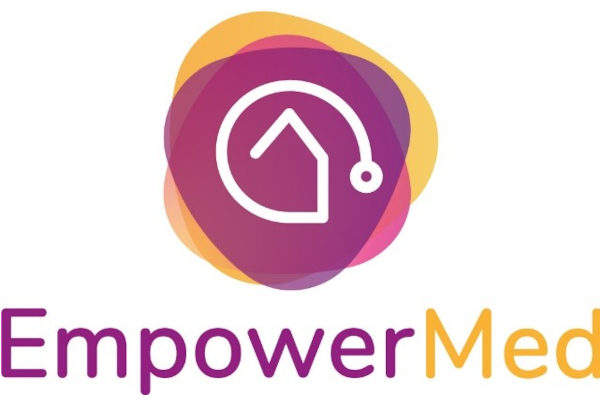
In the coastal areas of Mediterranean countries, the challenge of energy poverty comes with several specific features, the most notable one being that during the summer season, energy poverty mostly appears because of lack of access to adequately cooled dwellings. Women and women-led households are disproportionately affected by energy poverty. Due to labour division, women tend to spend more time working at home and thus are more exposed to energy poverty and its consequences. Yet, women are a crucial actor in tackling energy poverty, hence their engagement in acting against energy poverty is of utmost importance.
In order to address these challenges, the project EmpowerMed aimed to contribute to energy poverty alleviation and health improvement of people affected by energy poverty in the coastal areas of Mediterranean countries, with a particular focus on women. The project mainly implemented practical solutions to empower people affected by energy poverty to manage their energy consumption and improve their access to appropriate energy resources. However, the project also assessed the impacts of various practical energy poverty alleviation measures to formulate policy solutions for tackling energy poverty at local, national and EU level.
One of the key practical activities of EmpowerMed were ‘collective assemblies’, which gather people affected by energy poverty in common spaces to help to transfer and exchange knowledge and skills about energy use, reading energy bills, implementing simple measures for energy saving, changing energy providers and any other action that can reduce effects of energy poverty. Another key activity of EmpowerMed were household visits to people affected by energy poverty, whereby the advisors check the energy and water bills of the households, conduct a set of measurements and discuss household’s habits. By doing this, they identified the potentials for saving energy and water in the households or needs to increase the consumption.
Based on these, the advisors implemented low-cost measures by installing free devices, which helped the household reduce energy and water use. EmpowerMed also brought ‘do-it-yourself’ (DiY) solutions for households affected by energy poverty –workshops, where people found out about simple low-cost or no-cost measures to tackle energy poverty, such as creating shadow with plants or natural ventilation of dwelling.
Finally, EmpowerMed also implemented two types of health workshops. One type was to train health experts and practitioners to detect health impacts of energy poverty and equip them with simple measures to reduce the impacts or direct people to further assistance programs. Another type was to work directly with affected people, where the workshops addressed the issue of mental health and a therapist supports the affected people.
Within the project, the following indicators were achieved:
- 31 implemented training events for actors to tackle energy poverty, with 502 participants, of whom 287 women
- 127 collective advisory assemblies implemented, directly involving 2381 people (of whom 1502 women) and indirectly impacting 5294 people (members of involved households)
- Implemented 677 household visits for tackling energy poverty, which impacted overall 1782 people
- 42 Do-it-Yourself events, directly involving 354 people, of whom 233 women, indirectly impacting 744 people
- 37 health workshops, directly involving 344 people, of whom 235 women, and indirectly impacting 612 people
- 315 k€/year of costs savings achieved
- 1,156 MWh/year of energy savings achieved
- 265 tonCO2/year of CO2 savings achieved
- 7,717 m3/year of water savings achieved
- EmpowerMed freed 21 people from debt and made a significant contribution to lifting 35,000 people from debt with Endesa in Spain
- EmpowerMed discussed its policy proposals on over 10o occassions with over 2400 different actors, such as policy- and decision-makers, social and health actors, energy (poverty) experts and utilities
Follow the project updates on Facebook and on X (former Twitter). This page was last updated on 30 October 2023. For the most updated information about the project, please visit the EC Funding and Tender website and the website of the project.
- Project duration
- 1 Sep 2019 - 31 Aug 2023
- Project locations
- Vlora, AlbaniaZadar, CroatiaMarseille, FranceKoper/Obala, SloveniaBarcelona, SpainPadova, Italy
- Overall budget
- €1 982 150
- Project website
- EmpowerMed
